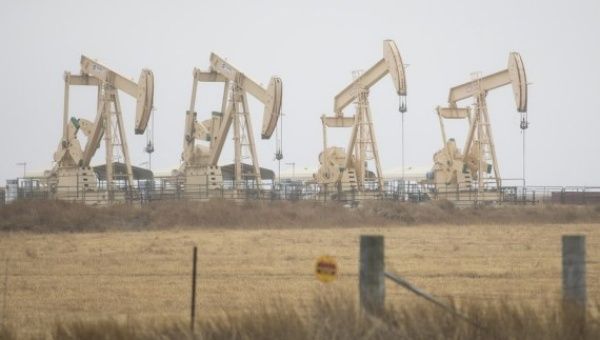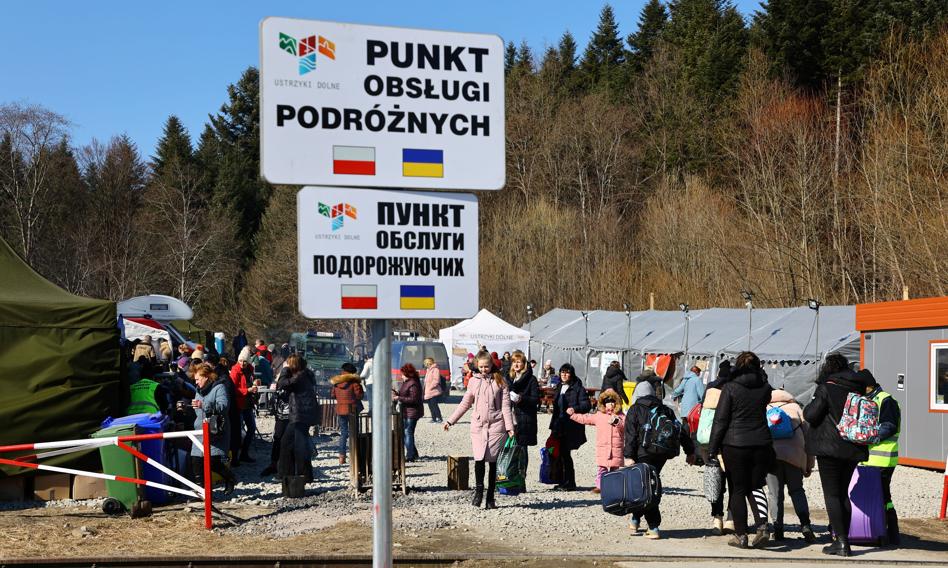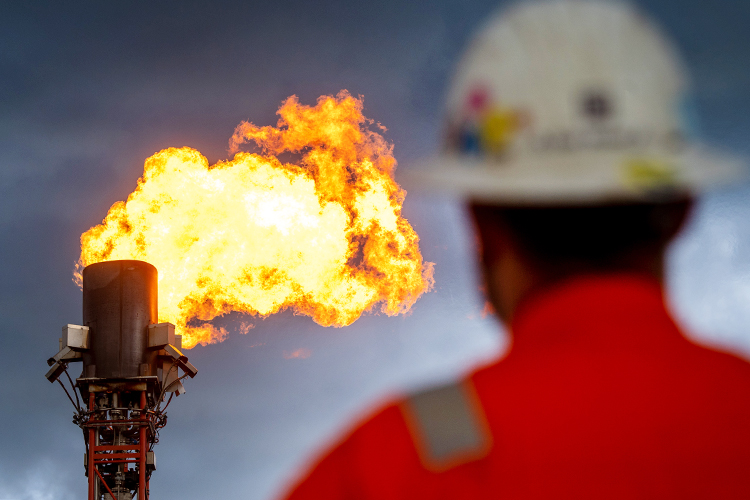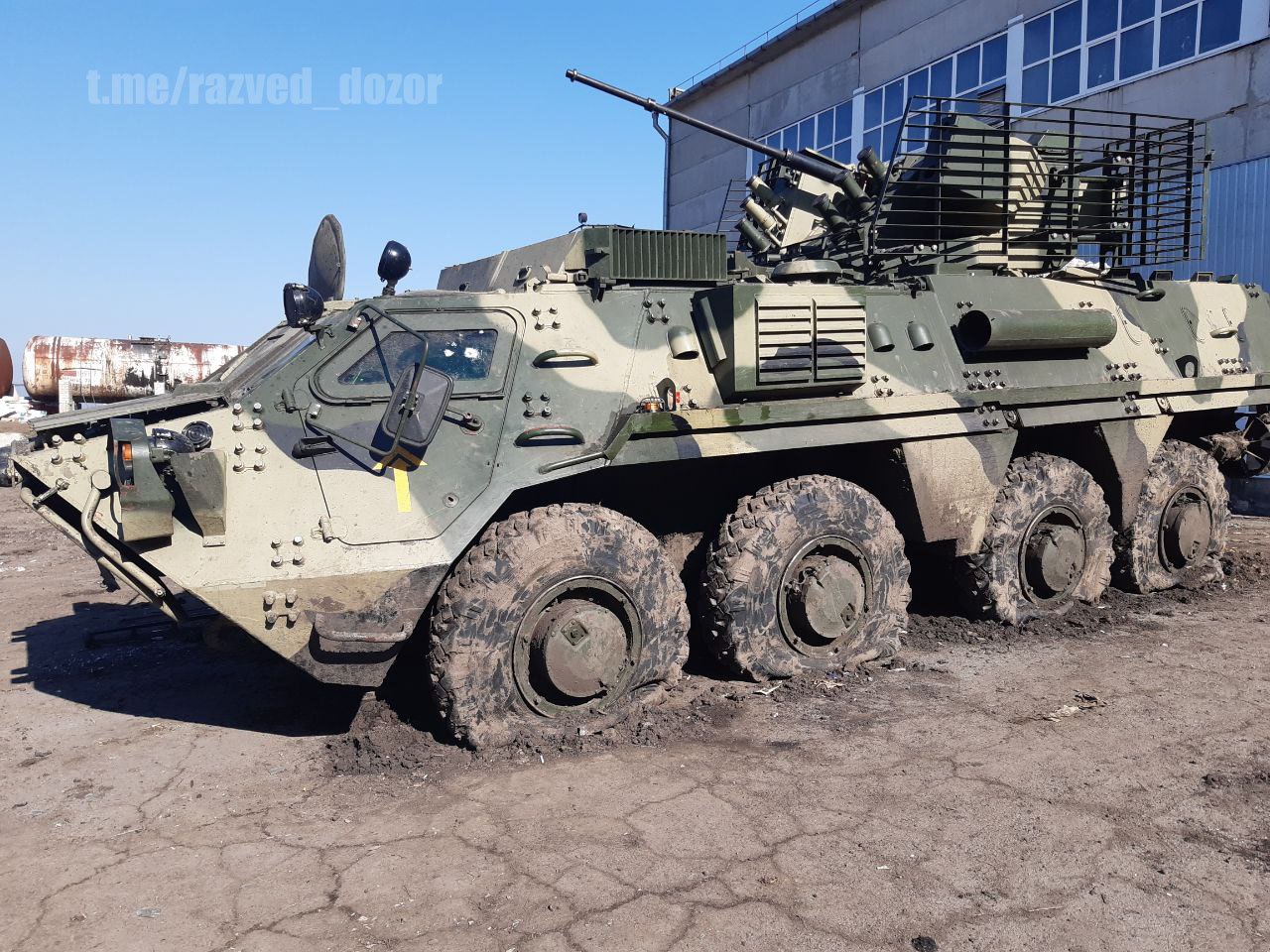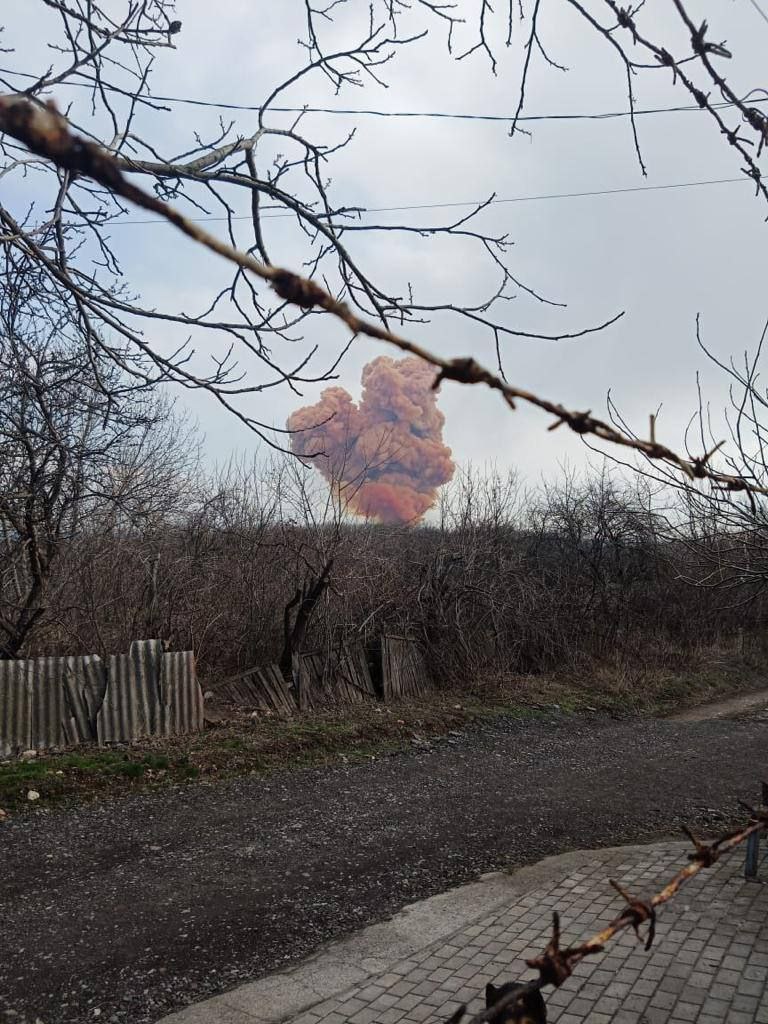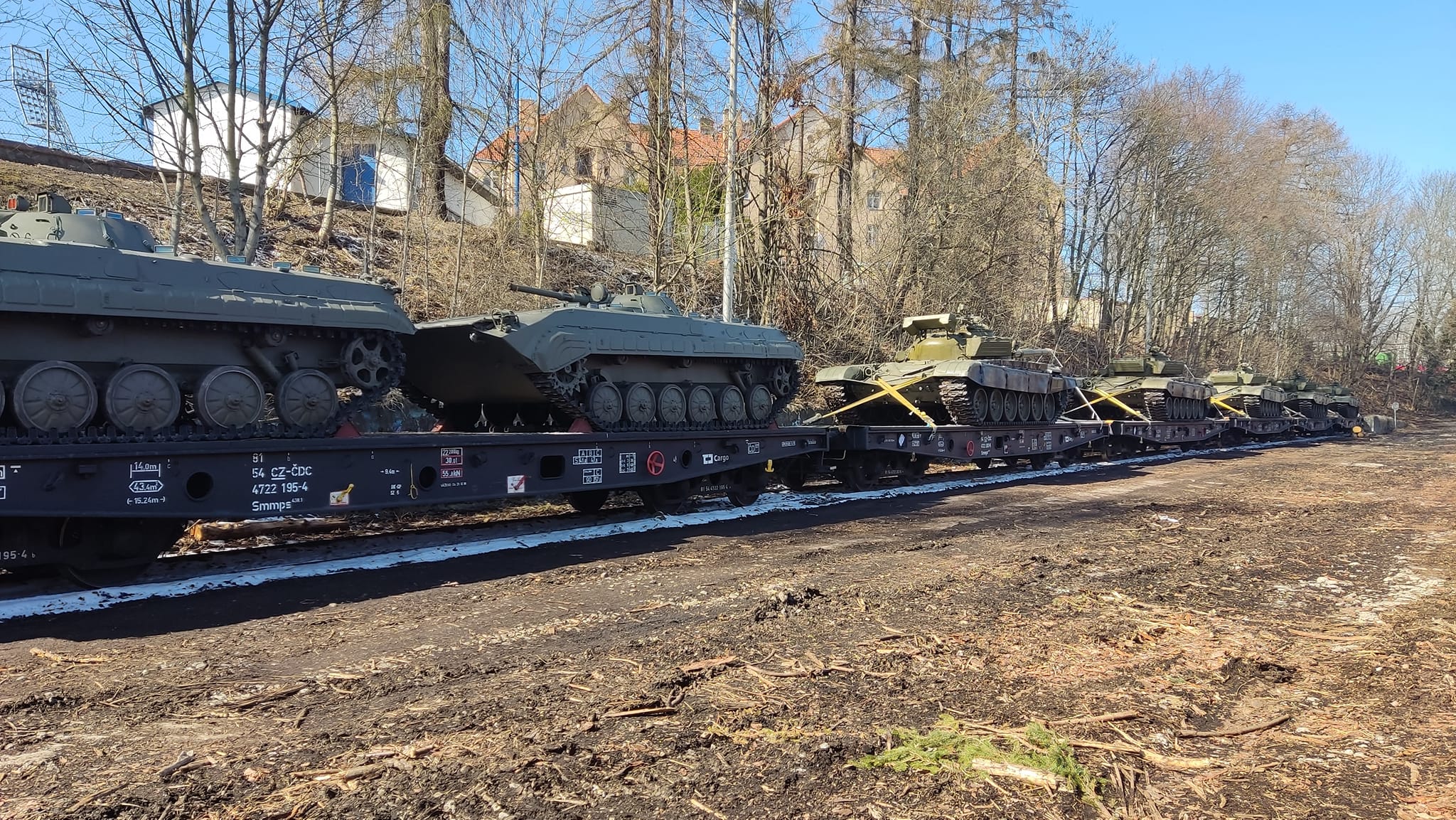US DOUBLE STANDARDS POLICY ON RUSSIAN ENERGY RESOURCES. EUROPE PAYS
Support SouthFront

Click to see full-size image
Now European countries along with their leader the United States pursue the world policy focused on Russia and especially measures to downplay the country.
Amid the Ukraine crisis the Western countries have involved all possible actions from economic pressure (sanctions) to hostile rhetoric in mass media in order to stymie Moscow. Although the results of such policy show that it plays against the Western countries themselves.
The measures being undertaken to destabilize Russia shake domestic situation in the EU and the US as well. By imposing more sanctions towards the so-called “evil state” they cause deterioration in all spheres: food, safety, energy, agriculture and so on.
Today, Europe is facing an increase in prices for various products. But the governments of anti-Russian block blame the world power which they are trying to tear down for all threats, failures and challenges.
Although, economic crisis in the West has been maturing long ago before the Russian military operation in Ukraine began. It was remarked in 2020 when the COVID-19 pandemic broke out and led to higher prices.
The problems in the Eurozone are of a structural nature related to the general global economic situation, tougher global competition and the limited size of world markets. Quite a while the world economy has being anchored on capitalistic model, the main idea of which is a profit from the added value of goods and services. The main factors that dominate the theory are a supply and demand. Now the world supply is limited and deforms the general laws of the market.
In 2020 and 2021 the finance sector saw the collapsing of ties between economic entities and fall in goods’ demand due to the consequences of coronavirus. That made the governments of Europe and the US to increase the money supply and as a result entailed inflation. Climate changes, “carbon neutral policy” and problem with migrants in Europe have aggravated global tendencies.
But the situation in Ukraine has become a real catalyzer to the economic decline in the West.
Western countries have imposed sanctions on Russia’s energy field attempting to “place Moscow on the right way” by pressure. In accordance with the view of dominating powers in the Euro-Atlantic region, it would influence badly on exporting hydrocarbons state. But soon it was turned out that the measures stroke against the West even more.
The Federal Union of German Industry (BDI) warned of “gloomy prospects” for the economy and rising energy prices. Especially, the consequences will have an impact on
German investments, exports and population’s purchase.
The BDI believes that the consequences of the Ukrainian events will suspend global economic growth and economic recovery in the Eurozone. In addition, sanctions and a slowdown in this world sector will negatively affect German exports, German investments in machinery and other equipment are likely to be put on hold in 2022.
At the same time, food retailers announced that from April 4 they will raise prices for goods by 20-50 %, which will vary from the specific seller. So, meat, sausage and butter in the Aldi Nord network “significantly increased in price”: butter costs more than 2 euros instead of 1.65 euros.
“Prices will be raised due to the fact that we face high costs for raw materials, energy and logistics,” said a Rewe representative on April 3.
Prices for eggs in Germany in comparison with last year have already increased by 16,3%, for butter – by 20,4%, for tomatoes – by 27 % and cucumbers – by 30,3%.
So, rising energy prices and the accompanying inflation lead to a decrease in purchasing power.
The Council for Economic Development in Germany earlier lowered its development forecast for 2022 due to the situation in Ukraine, GDP growth may be only 1.8%. In November last year, experts predicted 4.6% growth for the current year.
Nevertheless,
Austria admits that sanctions weaken the Eurozone to a greater extent than Russia.
Austrian Chancellor Karl Ne Hammer, in an interview spoke out against the imposition of an embargo on oil and gas supplies from Russia.
He stressed: “Sanctions make sense only if they weaken the one for whom they are intended, but not for the one who introduces them”.
Right now, Europe is realizing the tangible consequences of the anti-Russian sanctions it has already imposed. Society disagrees and is annoyed with the sanctions’ policy which results in price increase for energy resources. For example, in
Spain there were mass strikes of farmers who refused to start sowing until Brussels reduces the selling prices for fuel.
The exchange of sanctions and political decisions only aggravate the economic situation.
The largest increase in inflation in February was registered in
Lithuania, Estonia and the Czech Republic. European analysts consider the cost of energy resources has become the main factor.
Since April 1,
Lithuania has already refused to supply Russian gas and intends to make stocks from its own storages for now. And the country hopes that in May the Polish gas pipeline will start operating, which will give access to the resources of Central Europe.
The problem is that these resources are replenished with Russian gas as well. In case of refusal to buy gas in rubles Lithuania and other Baltic countries will also use this resource, only receiving it not directly, but through intermediaries at higher cost. It is to contribute to a new inflation growth.
The experts note that too many banknotes were printed in the Euro area during the pandemic. On average, inflation in Europe is 8 %. For them, this is a shock, because for a long time the EU managed to restrain the process at the level of 0 %.
Also,
the US President Joe Biden after Russia’s launch of a special operation in Ukraine announced a ban on energy imports from Russia. In result, prices began to rise strenuously. Russian Deputy Prime Minister Alexander Novak admitted that the rejection of Russian oil can lead to disastrous consequences for the world market and cause a jump in its value to $ 300 per barrel and above.
While the US government forces its allies in Europe to shorten the import of hydrocarbons from the neighboring aggressive state, Americans themselves have enlarged oil supplies from Russia.
Deputy Secretary of the Security Council Mikhail Popov said that the US authorities have increased oil supplies from Russia by 43 % over the past week.
“The United States forced the Europeans to impose anti-Russian sanctions, while they themselves not only continue to import oil from Russia, but also increased the volume of supplies by 43 % , up to 100 thousand barrels per day. In addition, Washington has allowed its companies to export mineral fertilizers from Russia, recognizing them as essential goods”.
Mikhail Popov warned Europe of other similar “surprises” from the United States and stressed that “Washington does not allow the Europeans to take similar measures yet”.
So, amid the rising prices worsened by inflation in Europe and as well as in the US, the main factor of such growth are embedded in the cost of energy which began to rise long before the start of the special operation in Ukraine. According to predictions, refusal to supply Russian gas will only worsen the current situation.
